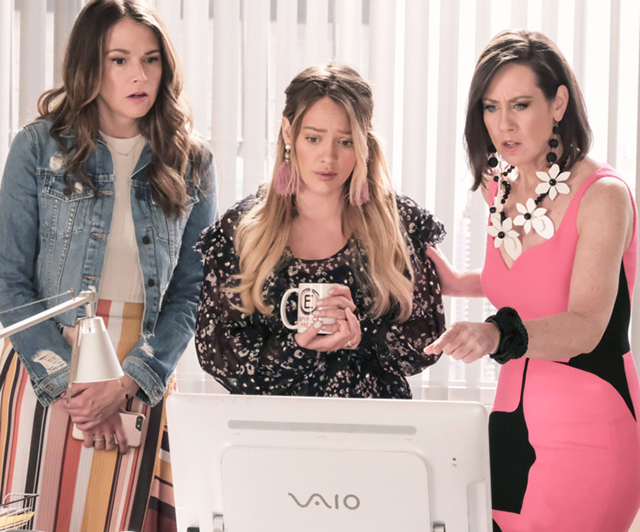
Having enough money to retire comfortably might be an issue facing most Australians, but it appears women have more to worry about than men. Statistics show there’s a huge gap between the super balances of men and women.
Women certainly draw the short straw. Figures from the Association of Superannuation Funds of Australia Superannuation Funds of Australia (ASFA) show that, currently, the average super balance at retirement is $292,500 for men and $138,150 for women.
We know many of the reasons for this shortfall – women are often on a lower wage than men, and women’s careers are interrupted when they take time out of the workforce to have children. According to Women in Super (WIS), an organisation that aims to improve women’s retirement prospects and access to superannuation, for a 30-year-old on an annual salary of $50,000, a six-year career break costs $77,000 in lost super accumulation at retirement. For longer career breaks, of closer to 10 years, the cost is more likely to be in the vicinity of $120,000.
As women have a longer life expectancy, they actually need more money to live on in retirement than men, making it even more important to pay close attention to your super. But it’s never too late to get things working in your favour – of course, the earlier you start the better the result.
Here are six catch-up strategies you can take to boost your super balance.
How financially literate are you? Take the quiz to see how much you know about your personal finances. If you’re looking to sharpen your finance knowledge, be sure to check out Bauer’s Financially Fit Females hub.
Have a plan
“Don’t procrastinate – it’s never ever too late to start planning,” says Claire Mackay from Quantum Financial.
“If you plan to retire early, have a strategic financial plan that is written down. Not everyone needs a financial planner but everyone needs a financial plan.” Think about what you want to achieve, how much debt you may still have to pay off and when you want to retire.
Take the freebies
If you earn under $51,813, you may be eligible to make a non-concessional contribution to your super fund and the government will match that with a co-contribution of up to $500.
To get the full co-contribution you will need to earn under $36,813. “You can ask your employer to make these after-tax contributions for you. For example, you could request a $20 per week non-concessional contribution as part of your regular pay arrangement to ease the pain of a lump sum,” says Sam Henderson, CEO of Henderson Maxwell.
Top up your super
Put the pedal to the medal and maximise your super contributions as much as your tax flow allows. Every little bit counts. You’ll also enjoy tax savings if you top up your super using your pre-tax income. These contributions are generally taxed in the super fund at a maximum rate of 15 per cent, which in most cases, is less than the marginal tax rate.
Let’s say you’re 50, your current super balance is $80,000 and you earn $50,000 a year. If you relied on the super guarantee at age 67 you’d have about $169,000 in super. But if you salary sacrificed just $20 a week that balance would jump to about $185,000 – or $16,000 more.
If you can’t make regular payments, a one-off after-tax contribution can help you supercharge your wealth. Using the earlier example by topping up your super with $500 a year you’d have about $178,000 at age 67 – still $9000 more than doing nothing.
Just make sure you stick to the caps – $25,000 a year for pre-tax contributions (which includes your employer’s super guarantee payments) and or $100,000 a year for after-tax contributions.
Review your investment portfolio
You need to make sure your super is working for you so having it invested properly is a must.
Make sure you know where your money is going and whether it’s right for you based on your age, stage of life and attitude to risk. If you have a lot of time until retirement you may prefer a “growth” option which has more exposure to shares and property.
This will be higher risk but there is also potential for stronger returns over the long-term. If you’re closer to retirement though you may opt for a more conservative approach.
Get your spouse to add money
Find out whether you can benefit from spouse contributions – you don’t have to be married and it includes same-sex partners. If you earn less than $37,000 a year, your spouse can contribute up to $3000 a year into your account and get a tax offset of 18%. That’s a bonus for both of you. A partial rebate might also be available if you earn less than $40,000.
Consolidate your super accounts
If you have more than one super fund, consider rolling them over into the one account which will reduce fees and help your balance grow in the long run. Also make sure you have not lost track of any of your super which you could be getting to work harder for you.
The simplest way to do this is using the myGov website. Simply create a myGov account, then link the ATO to your account. Don’t worry, this is pretty self-explanatory once you’ve logged in.


